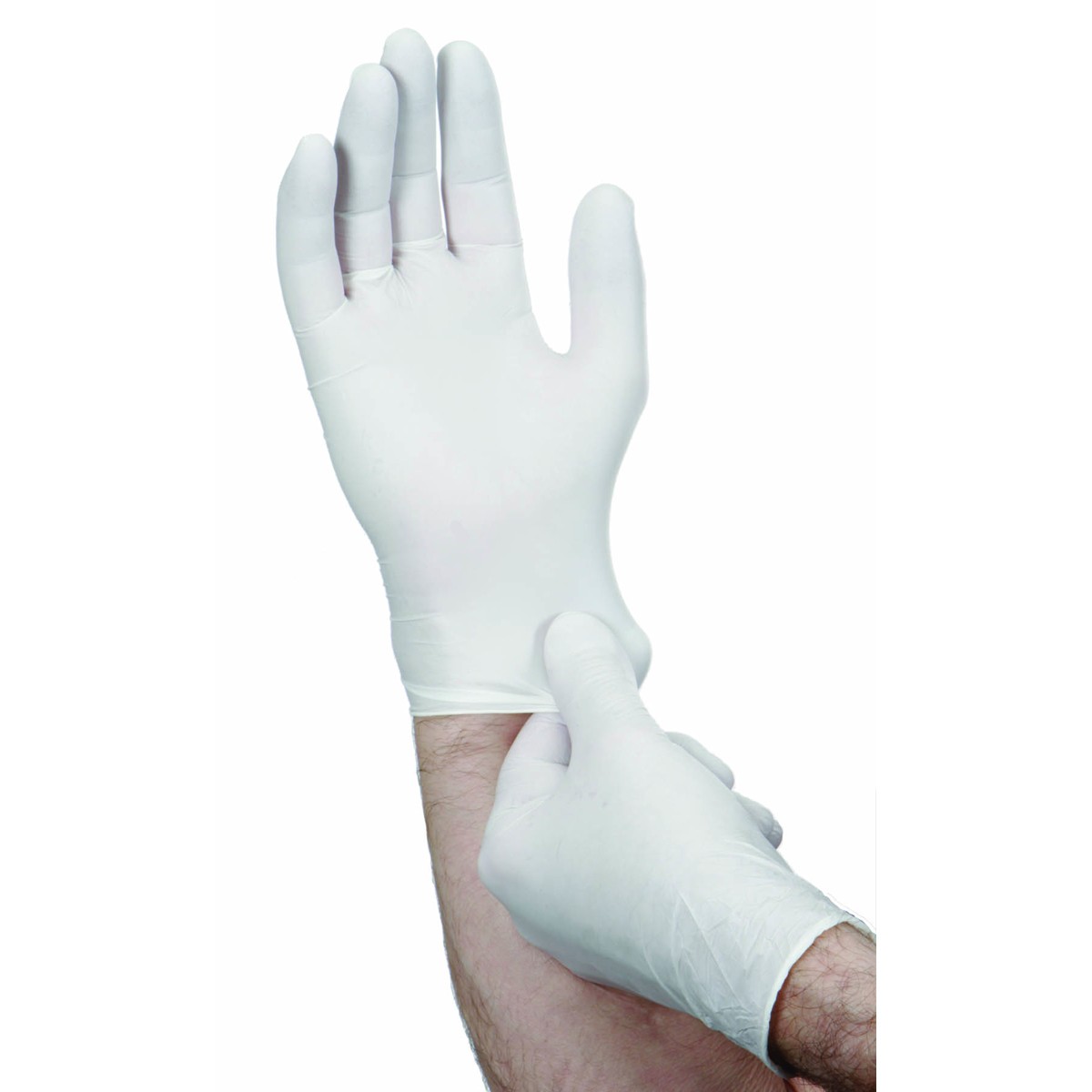
When it comes to health and safety, you might just think that one glove fits all and that it doesn’t matter what type you wear so long as you protect your hands in one way or another. This couldn’t be further from the truth, however, as different gloves have been designed for different activities and therefore pulling on the right products will help you stay as safe as possible. So are you wearing the correct gloves? Take a look below to find out.
Vinyl gloves
Disposable gloves such as Brosch Direct vinyl gloves are ideal for food preparation and basic household cleaning tasks, including washing dishes or handling cleaning chemicals or hair dye. This is because they provide adequate protection while still allowing you to use your hands freely without obstructing fine motor skills. They’re also perfect for those with latex allergies as they are 100 per cent latex free and contain no other allergens. So, wave goodbye to skin irritation and skin rashes and use vinyl gloves for those everyday chores.
Household rubber gloves
There are many reasons why you should wear rubber gloves when cleaning the house. Not only can they prevent your nails from becoming brittle, they’ll also prevent skin irritations from cleaning products – but which ones should you use? Well, it depends what you’ll be handling. While lightweight rubber gloves are resistant to many ready to use detergents and soaps, medium weight gloves are resistant to alcohols and diluted acid/alkali solutions too.
Nitrile gloves
If you need gloves that are extremely resistant to tears, punctures, solvents and chemicals, then nitrile gloves could be the right option for you. They’re made of thick silicone rubber and are commonly used in the manufacturing industry, as they do not break or snag easily. This in turn can improve health and safety at work or at home (if you’re doing a particularly hands-on job), so it’s worth buying the right gloves. Being disposable they can also be thrown in the bin after every job and are both convenient and affordable.
Sterile gloves
Infection control and the prevention of cross contamination is of paramount importance in a hospital environment which is why medics usually wear sterile gloves. There are many different types of gloves that can be worn in medical settings, including those suitable for examinations and those worn for minor sterile surgeries. Powder-free latex surgical gloves, for instance, are specifically for use in microsurgical procedures such as microvascular surgery, neurosurgery, cardiac or thoracic surgery. They are also suited to areas of general surgery that demands an added level of dextrous control and sensitivity.
You may not have thought it but safety gloves come in a range of styles, designs, colours and sizes, so always make sure you’re wearing the right type for the job you’re doing to prevent accidents and injuries. Many even have a soft lining, meaning they’re comfortable and easy to wear.
